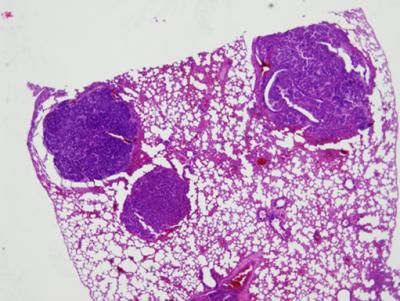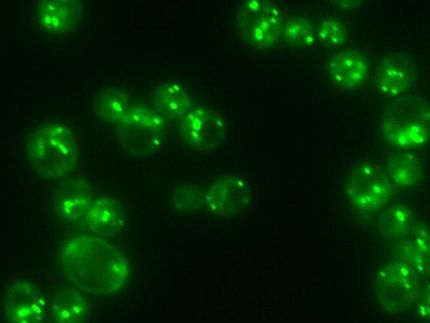Phytochemicals in plant-based foods could help battle obesity, disease
Advertisement
The cheeseburger and French fries might look tempting, but eating a serving of broccoli or leafy greens first could help people battle metabolic processes that lead to obesity and heart disease, a new University of Florida study shows. Eating more plant-based foods, which are rich in substances called phytochemicals, seems to prevent oxidative stress in the body, a process associated with obesity and the onset of disease, according to findings published in the Journal of Human Nutrition and dietetics.
To get enough of these protective phytochemicals, researchers suggest eating plant-based foods such as leafy greens, fruits, vegetables, nuts and legumes at the start of a meal. Using what is known as a phytochemical index, which compares the number of calories consumed from plant-based foods compared with the overall number of daily calories, could also help people make sure they remember to get enough phytochemicals during their regular meals and snacks, said Heather K. Vincent, Ph.D., the lead author of the paper.
“We need to find a way to encourage people to pull back on fat and eat more foods rich in micronutrients and trace minerals from fruits, vegetables, whole grains and soy,” said Vincent, an assistant professor in the UF Orthopaedics and Sports Medicine Institute. “Fill your plate with colorful, low-calorie, varied-texture foods derived from plants first. By slowly eating phytochemical-rich foods such as salads with olive oil or fresh-cut fruits before the actual meal, you will likely reduce the overall portion size, fat content and energy intake. In this way, you’re ensuring that you get the variety of protective, disease-fighting phytochemicals you need and controlling caloric intake.”
The researchers studied a group of 54 young adults, analyzing their dietary patterns over a three-day period, repeating the same measurement eight weeks later. The participants were broken into two groups: normal weight and overweight-obese.
Although the adults in the two groups consumed about the same amount of calories, overweight-obese adults consumed fewer plant-based foods and subsequently fewer protective trace minerals and phytochemicals and more saturated fats. They also had higher levels of oxidative stress and inflammation than their normal-weight peers, Vincent said. These processes are related to the onset of obesity, heart disease, diabetes and joint disease, she added.
“Diets low in plant-based foods affect health over the course of a long period of time,” Vincent said. “This is related to annual weight gain, low levels of inflammation and oxidative stress. Those are the onset processes of disease that debilitate people later in life.”
Oxidative stress occurs when the body produces too many damaging free radicals and lacks enough antioxidants or phytochemicals to counteract them. Because of excess fat tissue and certain enzymes that are more active in overweight people, being obese can actually trigger the production of more free radicals, too.
Currently, there are no recommendations for how much of these plant compounds people should be getting each day, says Susanne Talcott, Ph.D., an assistant professor of food science and nutrition at Texas A&M University. Using the phytochemical index could be a good way to come up with these recommendations, she said.

























































